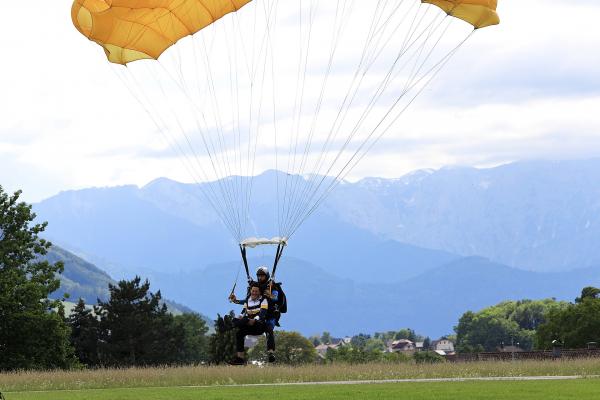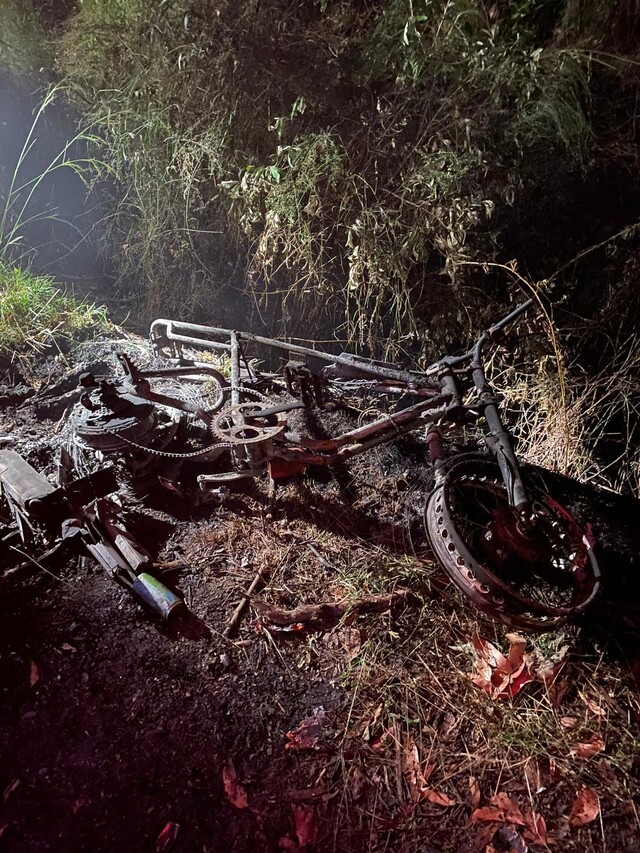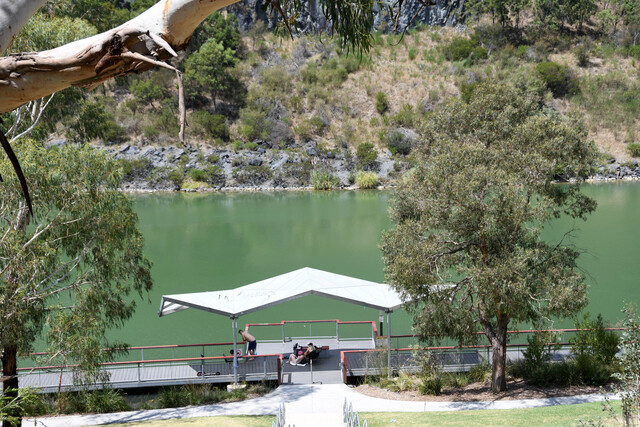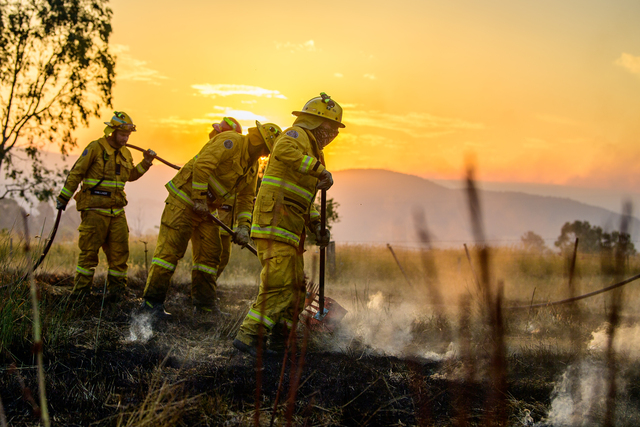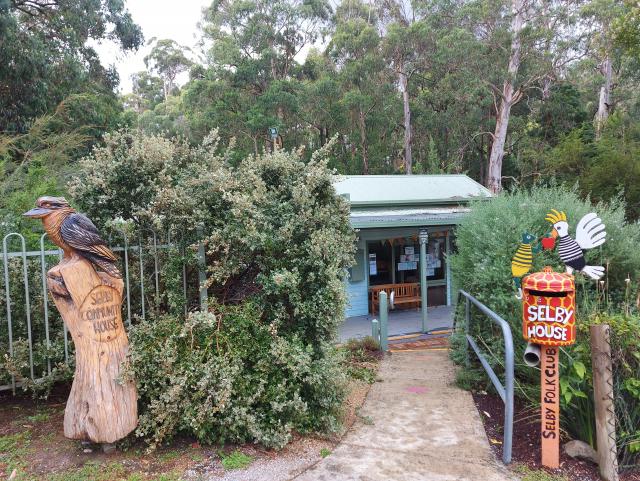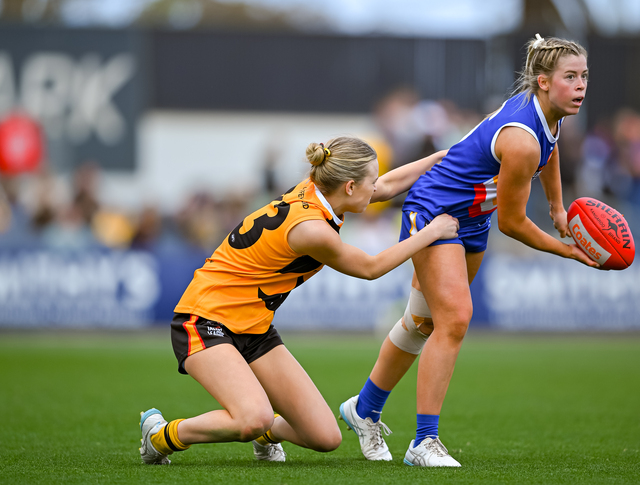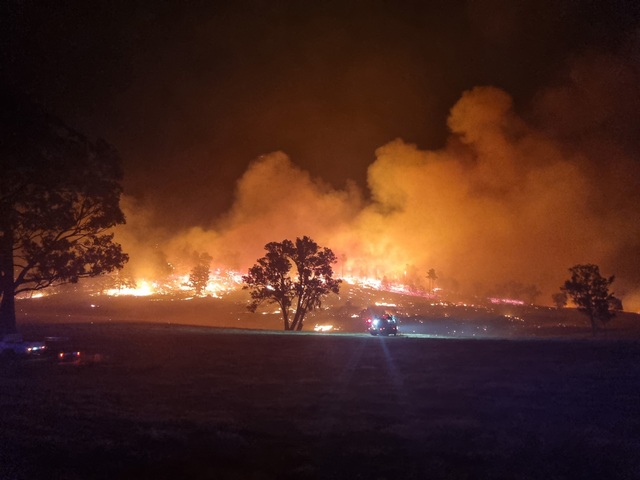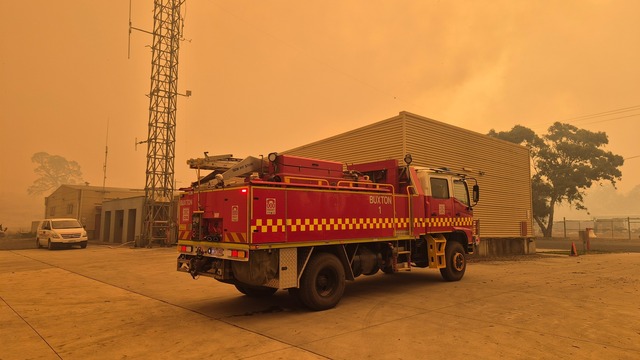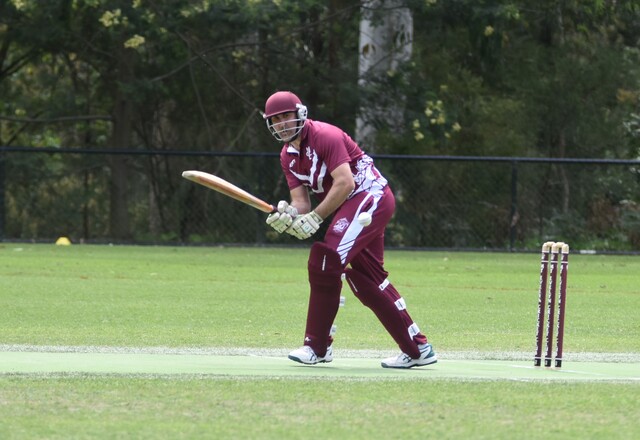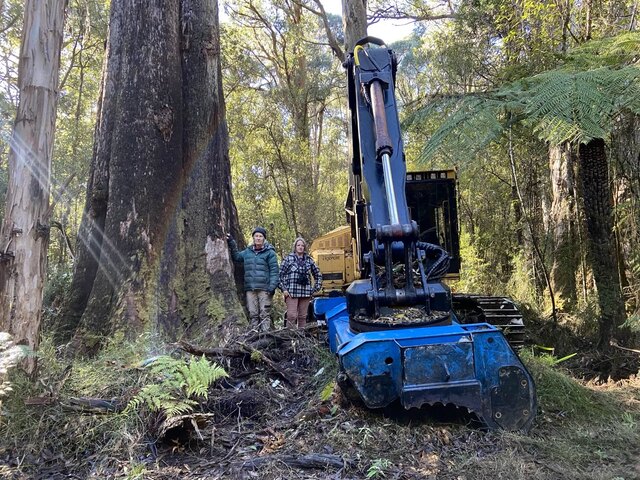A young woman who sued a Yarra Valley skydiving company after a freak accident that left her with a fractured spine has had her negligence case against the operators dismissed.
Hayley Marks surprised her boyfriend for his 30th birthday with two tickets for a tandem skydive experience with Skydive Australia at Lilydale Airfield, where the pair both jumped 13,000 feet from a plane on 18 August 2018.
Ms Marks gave evidence in the Supreme Court of Victoria on 30 November last year that her and instructor, Sam Dale, “slammed into the ground rather than landed on the ground” at the end of the jump.
The accident fractured Ms Marks’ lumbar spine at the second vertebrae and left her requiring an L1-L3 fusion and an L2 corpectomy.
Justice Melinda Richards said in her written judgement, published on February 1, that Ms Marks had made a “good recovery”, and had been able to return to full-time work, however she now lives in “constant pain” and is “unable to do many things that she used to”.
“She has also become anxious and depressed,” the judgement reads.
Ms Marks claimed compensation for her injuries from the operator, Skydive Holdings Pty Ltd, through claims of negligence, breach of contract and for breaches of the Australian Consumer Law.
She alleged that her injuries were caused by “lack of care and skill” on the part of Mr Dale, claiming that he “made an error of judgement in preparing for final landing by failing to adjust to the wind conditions”.
Skydive denied any fault, arguing that the heavy landing was due to an “unfortunate, random event in the form of a short-lived, localised downdraft”.
The company also relied on a waiver, claiming it was a “complete bar to all of Ms Marks’ claims”.
Justice Richards found the waiver did not form part of the contract between Ms Marks and Skydive and did not act as a “bar” to her claims.
This finding was based on the fact that at the time of booking, Ms Marks was prompted to go to the Australian Parachute Federation (APF) website, where the waiver is found, rather than being signed at the time of booking with Skydive Australia.
“There was no evidence that anyone associated with Skydive checked that Ms Marks had become a member of the APF, or accepted the waiver, before her jump,” Justice Richards said.
“Skydive and the APF are separate entities, and the relationships between them and their constituent parts were not explained by the evidence at trial.
“If Skydive wished to include the terms of the waiver in its contract with Ms Marks, it could have included them in the terms and conditions referred to in the booking confirmation.”
However, Justice Richards was unable to find that Ms Marks’ injuries were caused by any failure of Mr Dale or Skydive, telling the court “the proceeding must be dismissed”.
Evidence by skydiving experts and tandem instructors was given in court, as well as expert evidence from a meteorologist who described the wind during the descent.
Using weather data from a Bureau of Meteorology station at Coldstream, the meteorologist told the court there were “strong west-southwest cyclonic winds” on the day, before a “lull in speeds and a drop in temperature” occurred at the time of impact, indicating that a downdraft contributed to the incident.
Justice Richards found there was “no basis to find Skydive liable in negligence, contract, or under the ACL“.
“I find that Ms Marks was injured as a result of the materialisation of an ‘inherent risk’ associated with skydiving, that could not be avoided by the exercise of reasonable care.”
The court heard that prior to his jump with Ms Marks, Mr Dale had completed two successful jumps earlier that day.
He gave evidence that the third skydive, the one with Ms Marks, “was just a regular jump” until the last 10 seconds.
Mr Dale said he felt the canopy “sinking at a massive rate, a lot faster than he had ever experienced before” after turning onto the final approach. He described the experience as encountering ‘sink’.
“He told Ms Marks to hold her legs up, tried to sit underneath her to take the impact, and completed flaring, before they hit the ground. He said that there was nothing else he could have done to avoid their hard landing, it was unfortunate turbulence,” Justice Richards said.
Justice Richards ultimately found that “there was nothing else he could have done to slow the rate of descent”.
The case was dismissed.

